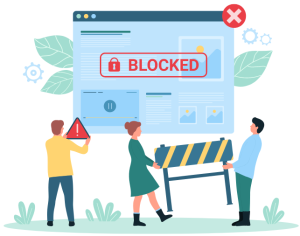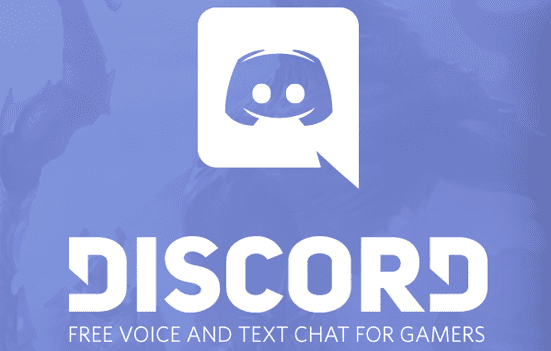Last year, I published an app review on the insanely popular social media/gamer platform Discord. This app has continued to grow in its membership and popularity since then, and warrants an update, es...
You're almost there...
Register or Login to your account to view requested content.

Joining the Cyber Safety Plus Membership has many benefits including:
- Exclusive Articles and Practical Advice
- Extensive Online Training Library
- Monthly Live Zoom Meetings
- Supportive Parent Community
- And More!



